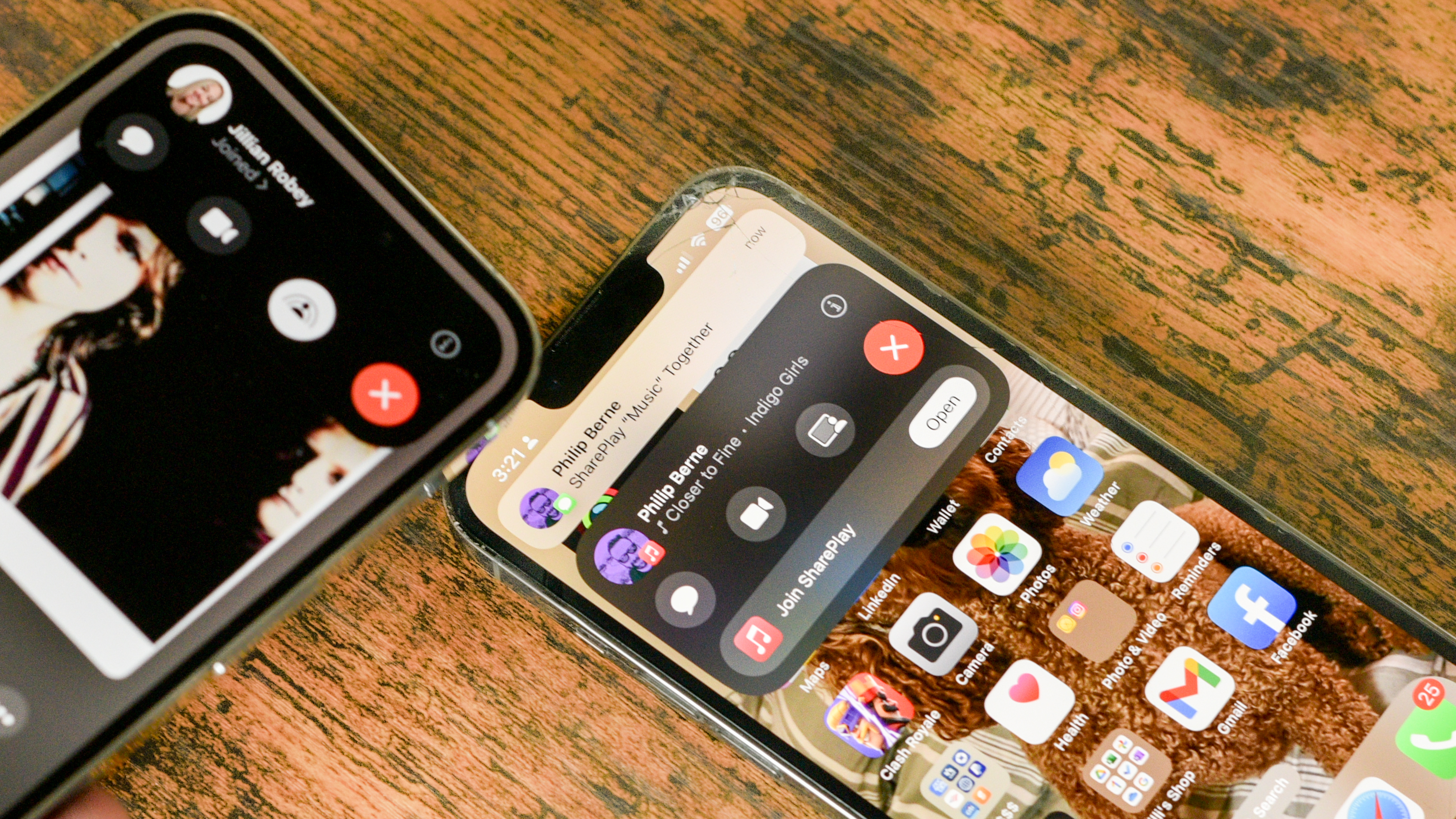Apple bows to developer complaints, will allow web apps in EU ... with a catch
You can have web apps, but only the Apple way

Sign up for breaking news, reviews, opinion, top tech deals, and more.
You are now subscribed
Your newsletter sign-up was successful
Apple is walking back some of its restrictive response to EU regulations that have forced it to make changes to the iPhone and iOS. When the EU said that Apple must allow third-party web browsers on the iPhone, the company responded by cutting off web apps for the EU. After developers and some users complained, the company has changed its policy and will again allow EU users to save a website as an app on their home screen.
Web apps harken back to the original days of the iPhone, when there was no App Store. Instead, you could pin a web page to your home screen and it worked just like an app. The feature evolved to allow web apps to save data and send push notifications to the user. Macrumors has a good walkthrough of how web apps work and why they are a benefit. A web app is much smaller than an app that you download from the App Store, for instance.
Notably, Xbox Cloud Gaming relies on a web app to function on the iPhone. You can play all of your Xbox games on your phone, using an Xbox controller, thanks to the Xbox website that acts as a web app. By adding this feature back into iOS 17.4, Apple has saved Xbox gamers who stream their game library through their iPhone. The software update will be available in early March, so we expect it any day now.
Web apps are a security problem, according to Apple
The problem with web apps, described by Apple, is that iOS is only designed to be secure when a Webkit browser creates the web app. Webkit is Apple’s own browser engine, different from Chromium browsers like Google Chrome and Microsoft Edge, and other browsing engines. If some third-party Chromium browser creates a web app on iOS, it might gain access to the camera, or install extra software without the user’s knowledge. To deal with that problem, Apple announced it was eliminating the ability to use web apps for EU users.
Thankfully, Apple says in a recent update that it has changed course and will allow third-party browsers to create web apps. When those apps are created and saved to the home screen, it seems they will run in Apple’s own Webkit browser engine instead of using the third-party browser. It’s unclear how this might affect performance, but it seems like a reasonable compromise for now.
“We have received requests to continue to offer support for Home Screen web apps in iOS, therefore we will continue to offer the existing Home Screen web apps capability in the EU. This support means Home Screen web apps continue to be built directly on WebKit and its security architecture, and align with the security and privacy model for native apps on iOS,” says Apple on its developer page.
Apple in the past said that web apps are not very popular, citing “very low user adoption of Home Screen web apps” as a reason why the feature was not worth the extra effort to develop a proper, secure fix for this issue.
Sign up for breaking news, reviews, opinion, top tech deals, and more.
You might also like

Starting more than 20 years ago at eTown.com. Philip Berne has written for Engadget, The Verge, PC Mag, Digital Trends, Slashgear, TechRadar, AndroidCentral, and was Editor-in-Chief of the sadly-defunct infoSync. Phil holds an entirely useful M.A. in Cultural Theory from Carnegie Mellon University. He sang in numerous college a cappella groups.
Phil did a stint at Samsung Mobile, leading reviews for the PR team and writing crisis communications until he left in 2017. He worked at an Apple Store near Boston, MA, at the height of iPod popularity. Phil is certified in Google AI Essentials. His passion is the democratizing power of mobile technology. Before AI came along he was totally sure the next big thing would be something we wear on our faces.